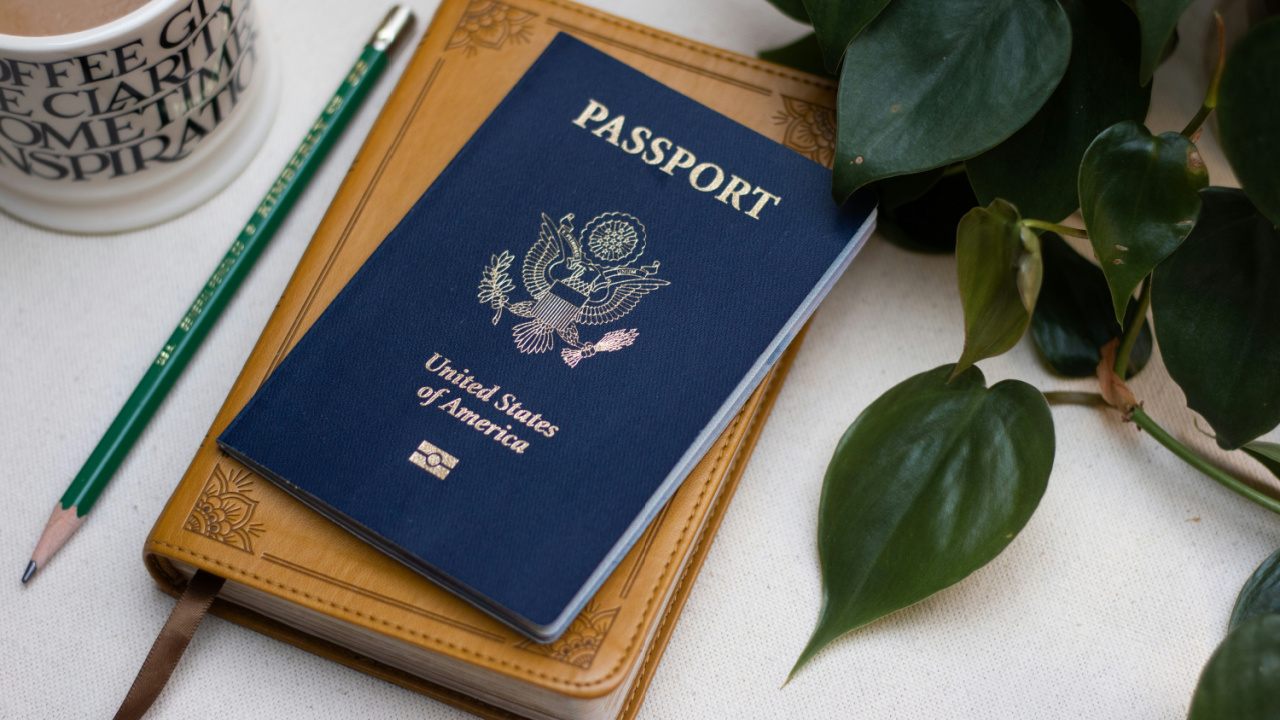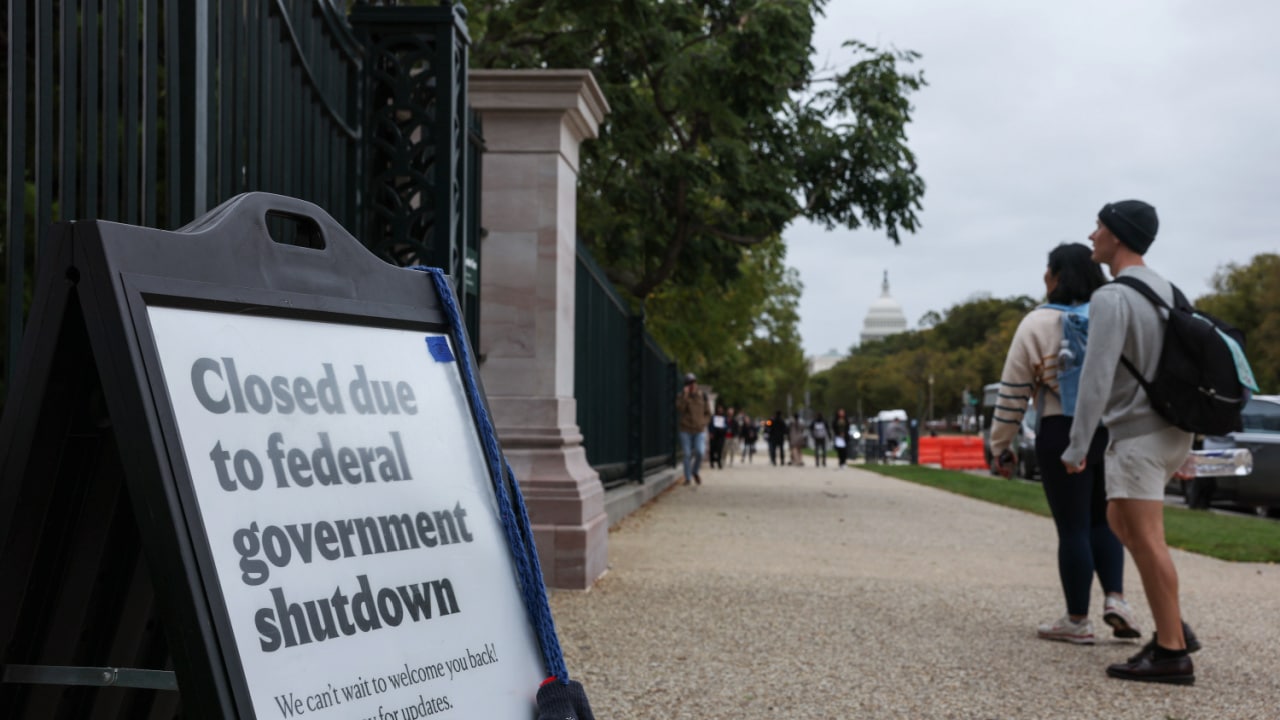Remembering 9/11 Means Honoring Latino Victims — and Calling Out the Lasting Impact on Latino Communities
Sept. 11, 2001, will forever stay in our memories. Hijackers stunned the world when they crashed planes into the Twin Towers of the World Trade Center in New York. The tragic events of that day claimed the lives of over 2,700 people. It also marked a turning point in global history. Many believe that each generation faces a defining crisis, and for millions, 9/11 became that moment.
Sept. 11 will forever be a day of terror and sorrow
Nearly a quarter-century has passed since the attacks that brought down the Twin Towers. In the aftermath, the United States took swift and far-reaching actions, both within its borders and abroad. These included heightened security measures, stricter immigration controls, and increased surveillance of individuals living in the country.
Among those lost in the attacks were hundreds of Latino victims—roughly 9 percent of the total, according to Axios. Around 250 individuals of Latino descent perished, some of whom were undocumented. For their loved ones, this created significant obstacles in gaining recognition. Many families struggled to prove their loved ones were in the U.S., making it harder to ensure they received proper recognition.
The documentary “Seen But Not Heard” follows four women in Mexico who lost loved ones in the attack. The film shows the women working to support their families while dealing with officials to prove their loved ones existed. Some of the women were able to access the victim’s compensation fund. Others couldn’t prove it in the eyes of officials.
Latino victims of 9/11 include those who worked in the Twin Towers, first responders, and those in the close proximity of the building collapse.
As Samuel Rodriguez wrote in an essay for Newsweek in 2022, “May we never forget any of the contributions to our nation made by Hispanics and Latinos during and after Sept. 11, 2001. We are not, as some may believe, marginalized, oppressed victims. We are all Americans who grieve collectively today. And we remain committed to making this nation and this world safer and more just, creating a brighter future for all.”
The post-9/11 response continues to hurt and discriminate against Latinos
The U.S. government created the Department of Homeland Security (DHS) in response to the attacks. The Homeland Security Act of 2002 established the DHS as a new cabinet-level position within the federal government. The U.S. government built Immigration and Customs Enforcement (ICE) into the new federal department. For years, authorities have used ICE against Latino communities, creating fear through mass raids — especially in recent years.
The lingering impact of the U.S.’s response to the attack continues to hurt the Latino community. It is nothing new for the U.S. government to use moments of fear to single out communities. The Arab and Muslim communities are among the most targeted after 9/11. Anti-Arab and anti-Muslim rhetoric surged after 9/11 creating an environment of fear and intimidation against Arabs and Muslims.
For Latinos, the damage has been ongoing since the attacks. The federal government’s archaic and broken immigration system continues to put Latinos in harm’s way. Regardless of citizenship status, Latinos are routinely harassed by ICE. Some American citizens of Latino heritage have been arrested by ICE simply for being Latino.
Recently, the Supreme Court gave ICE permission to racially profile Latinos in Los Angeles. The decision is part of the ongoing mass deportation efforts. The department created by the federal government to keep the nation safe has been weaponized. Under President Donald Trump, ICE is used to intimidate American citizens and working-class neighborhoods.
We will never forget the terror that gripped the nation on 9/11. We will always strive to make the world a safer place in response. This also means never forgetting the legacy left behind by a federal government that created a department that is now solely focused on arresting and terrorizing communities in the U.S.




